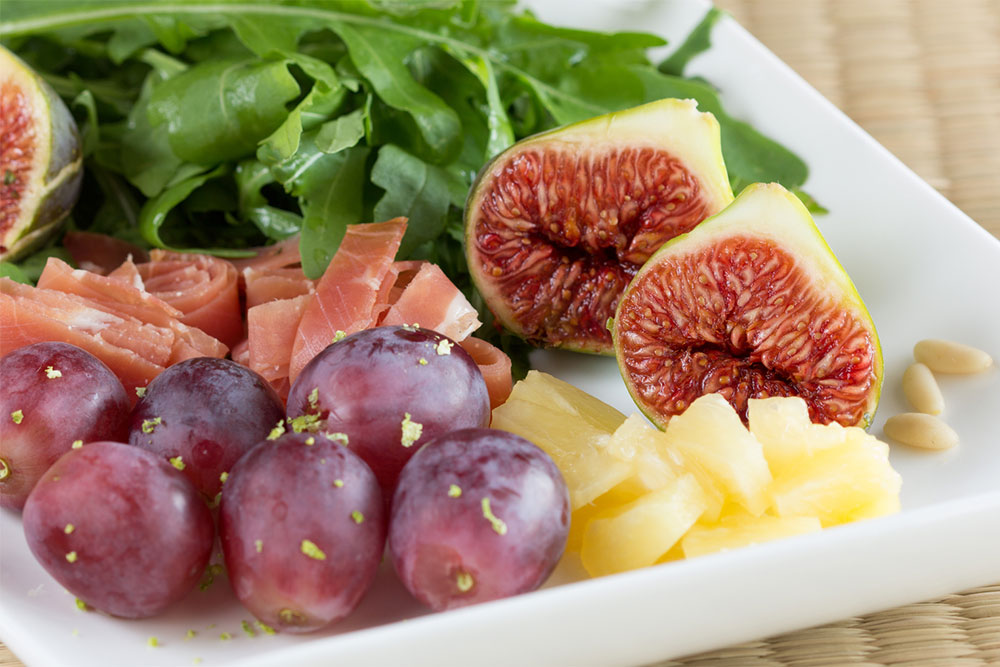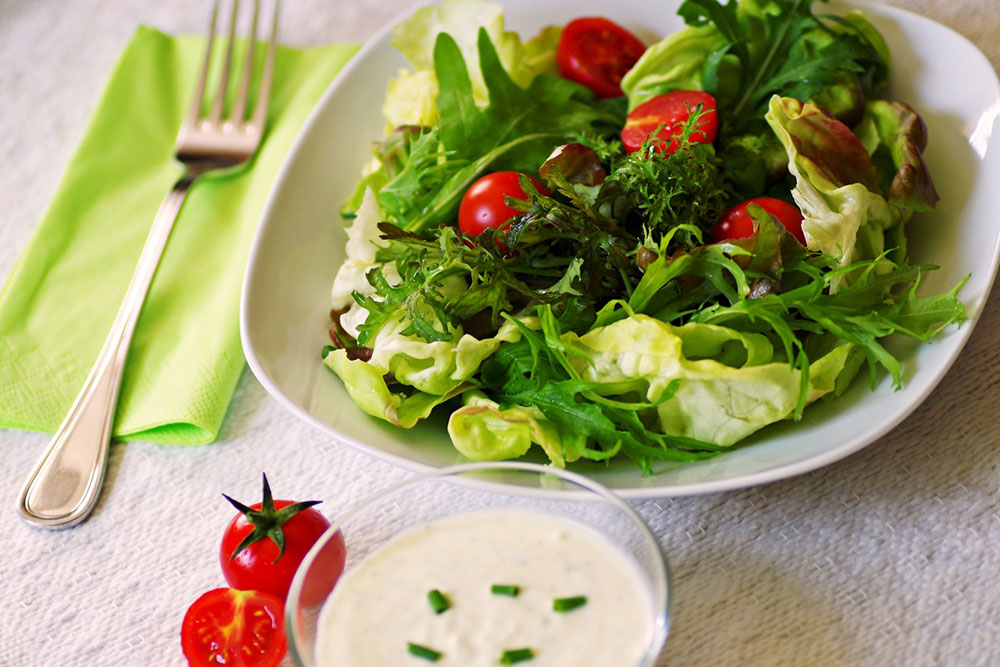Top Foods to Ease Constipation and Promote Digestive Health
Discover effective foods to combat constipation and improve digestion. Incorporate hydrating water, fiber-rich legumes, cruciferous vegetables like broccoli, probiotic dairy, and nutrient-dense fruits to promote regular bowel movements. Healthy oils and soothing soups further aid in easing constipation symptoms, supporting overall gut health. This guide offers practical dietary tips to enhance digestion and prevent discomfort naturally.
Sponsored

Constipation affects a significant portion of people over 60, often worsening with age due to lifestyle and dietary factors. It manifests as difficulty in bowel movements or infrequent stools. Incorporating certain foods into your diet can alleviate constipation and enhance digestion.
Hydration: Adequate water intake is essential for preventing dehydration, a leading cause of constipation. Drinking plenty of water helps keep stools soft and manageable, making bowel movements smoother.
Legumes: Foods like lentils, chickpeas, peas, and beans are fiber-rich, promoting healthy digestion and reducing constipation. A 2017 study notes that 100 grams of cooked pulses provide nearly 26% of daily fiber needs, along with vital nutrients like vitamin B6, zinc, folate, and potassium.
Cruciferous vegetables: Broccoli contains sulforaphane, which supports gut health and digestion by preventing excess microbial growth that can disrupt digestion. Consuming broccoli can also boost bowel regularity.
Probiotic-rich dairy: Yogurt and kefir contain probiotics, beneficial bacteria that improve gut flora and soften stools. A 2014 trial found that consuming 180 ml of probiotic yogurt daily for two weeks improved bowel movements in chronic constipation cases.
Fruits: Fruits such as pears, apples, grapes, kiwis, raspberries, and blackberries aid digestion. Pears and apples contain fiber, sorbitol, and fructose; grapes are high in water and fiber; kiwis offer enzymes and phytochemicals that promote gut motility. Raspberries and blackberries are also rich in fiber and water content.
Healthy oils: Olive oil helps facilitate intestinal movement, while flaxseed oil has a mild laxative effect. Both possess anti-inflammatory and antioxidant properties that aid digestion and reduce discomfort.
Smooth soups: Clear broths are easy to digest and help hydrate the digestive tract. Consuming warm, liquid foods eases stool passage and alleviates constipation.






